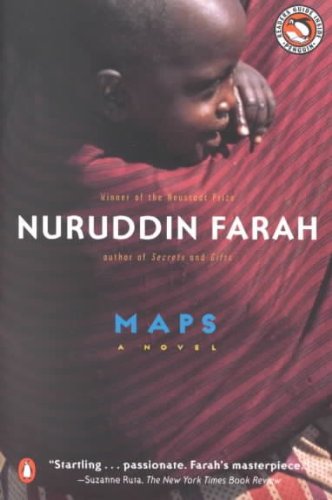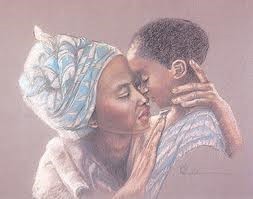What do you think?
Rate this book


288 pages, Paperback
First published January 1, 1986

Annoy a child and you'll discover the adult in him[...]Please an adult with gifts and the child therein re-emerges.This book's meaning builds with all the speed of a complacent elephant suddenly provoked to stampede during the last few instances. I will admit to not especially engaging with the beginning, but much as childhood becomes immensely more contextualized upon reaching adulthood, I began comfortably swimming in my preferred ideological medium once the exigencies of the paradigms of gender, nationality, and postcolonialism were introduced through various states of dreaming landscapes. It built to a gripping enough question of whether physical or mental fortitude guaranteed liberation that I'll most likely be picking up the sequels should I come across them, although I refrain from digital commitment for one vague reason or another. This reading result made me glad that, if it's taking me a while to acquire a certain work that would introduce me to an author, I'm likely to pick up any in the relevant bibliography should I come across them, as I'm still waiting on Farah's Knots showing up, five years after I added it and two years after I acquired 'Maps'. Farah's no Soyinka or Ngũgĩ, but he has a certain sensibility regarding the work he's doing that I'm very much a fan of, to the point that the novelty of him hailing from Somalia is no longer as vitally necessary for getting my attention.
You look at a map, of the British colonies in Africa, say, a map whose pinkish portions competed in terms of size and imagination with the green which represented the portions of the continent under the French. Now compare the situation today with its ghostly past and someone may think that a great deal of change has taken place and that names of a number of countries have been altered to accommodate the nationalist wishes of the people of these areas. But has the more basic truth undergone a change? Or have we?